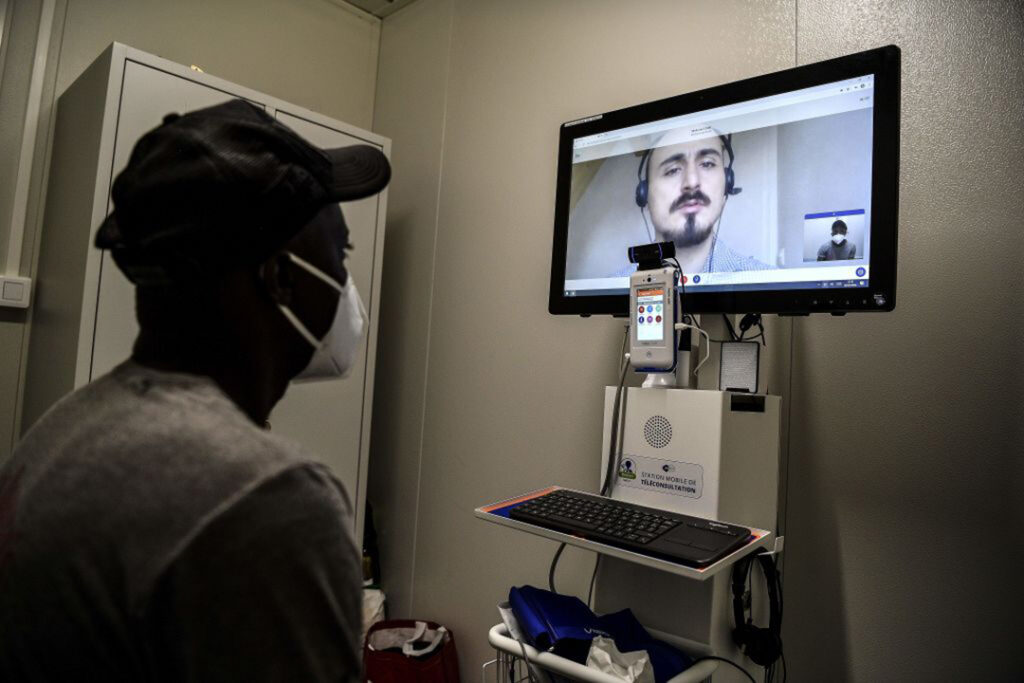ADF STAFF
The telehealth industry was expanding across the globe before COVID-19 became a household term, but the pandemic has revealed its potential.
In East Africa, historically an underserved region for health care, COVID-19 has accelerated the adaptation of digital technology by patients and providers.
In the midst of a deadly, infectious virus, the benefits of telehealth, also known as telemedicine and eHealth, are clear — limiting contact for health care workers; allowing infected, vulnerable and remote patients to receive services even in isolation; and saving money by reducing the need for physical infrastructure.
“The COVID-19 pandemic has created a telehealth boom,” Mason Marks, Harvard University fellow in ethics of technological and biomedical innovation, said during a virtual panel discussion in April 2021.
“In the past 12 months, there’s been an explosion of providers and technology platforms. Certain regulatory restrictions have been relaxed, and there are more and more options for patients seeking care by telehealth, both in terms of the types of care they can receive and the people who can deliver that care.”
It’s happening in East Africa.
Babyl, a digital health care provider in Rwanda, reported an increase in daily consultations from about 3,000 in March 2020 to more than 5,000 in August 2021.
Ugandan provider Rocket Health said phone and video consultations rose by 500% in 2020 and have quadrupled so far this year.
An August 2021 report by three African telecommunications companies predicted a nearly 70% increase in smartphone penetration in Sub-Saharan Africa by 2025.
Forty-one of Africa’s 54 countries have a digital health strategy, the study said, and smartphone engagement with digital health services is soaring.
Vincent Keunen, founder and CEO of Belgian-American eHealth company Andaman7, sees health infrastructure challenges as an opportunity for African governments, innovators and investors.
“We know that there are infrastructure problems,” he said in an online roundtable in June 2021. “There’s a lack of doctors, and there are very great inequalities between cities and rural areas.
“Remote care can really address that.”
Keunen said mobile applications that work offline can help in locations with limited internet and electricity, and he hailed the advent of artificial intelligence-powered text and chat software that he estimated can handle 40% of “easy” consultations and triage needs.
Heather Peacock, a global health care marketing professional at Logitech, said less than 1% of care was delivered virtually before the pandemic. The number spiked to 14% in 2020 and has leveled out at 7% to 8% in 2021.
Those numbers, she said, will continue to rise.
“There are still a lot of questions to be answered here, but we are seeing momentum like never before,” she said during an August 25 webinar in South Africa. “Governments around the world are utilizing telehealth services to really reach underserved communities.
“It’s bridging those gaps in care delivery.”

